Tag: Arab Uprisings
-

Understanding ISIL’s Appeal
[su_quote cite=”Slavoj Zizek” url=”https://dvd.netflix.com/Movie/Zizek/70043440″]Thirty, forty years ago, we were still debating about what the future will be: communist, fascist, capitalist, whatever. Today, nobody even debates these issues. We all silently accept global capitalism is here to stay. On the other hand, we are obsessed with cosmic catastrophes: the whole life on earth disintegrating, because of some…
-
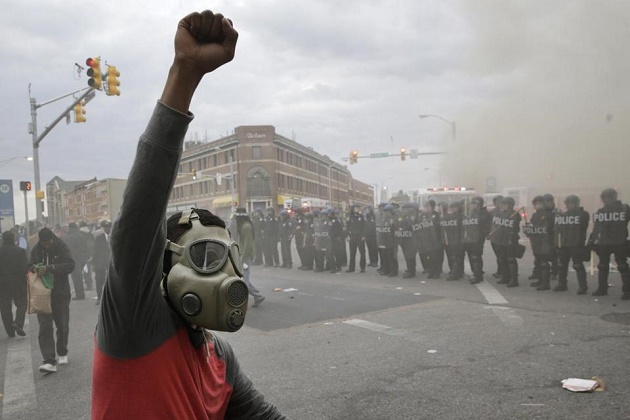
Social Movement Requires Force
“It is not enough for me to stand before you tonight and condemn riots. It would be morally irresponsible for me to do that without, at the same time, condemning the contingent, intolerable conditions that exist in our society. These conditions are the things that cause individuals to feel that they have no other alternative…
-
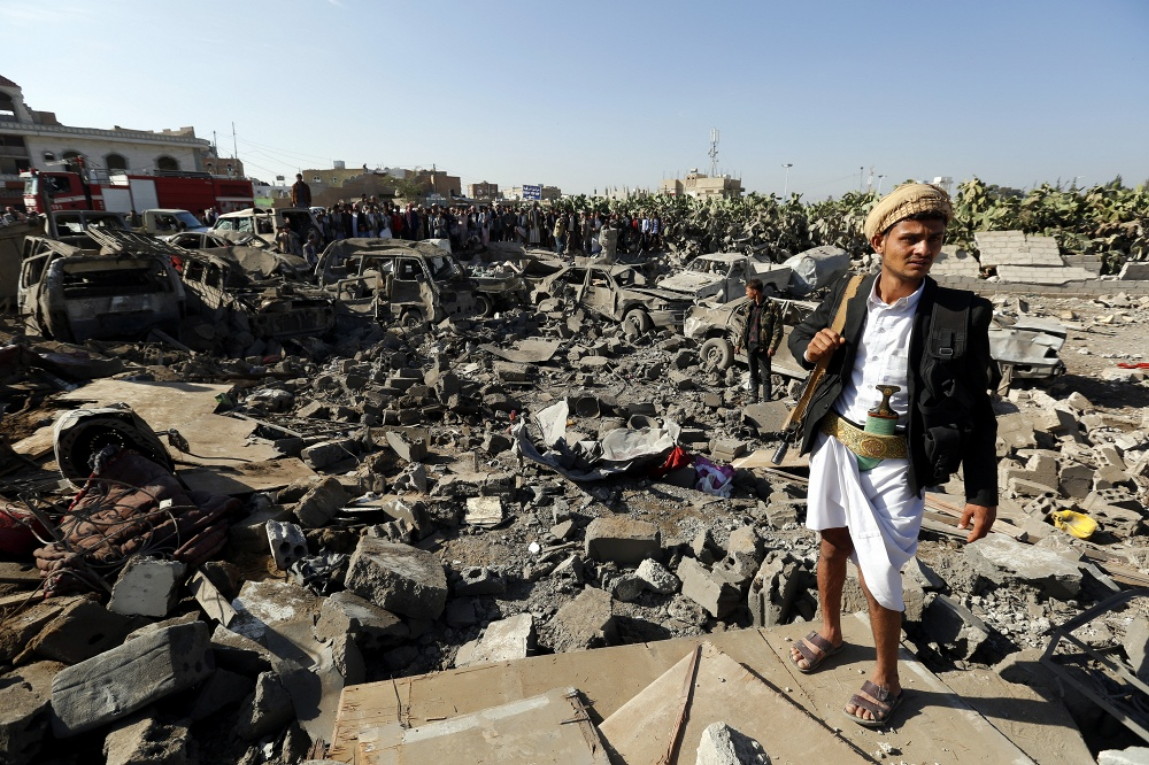
The Obama Administration’s “Yeminization” of the Mideast
Earlier this month, the White House unveiled its new foreign policy credo: “Don’t do stupid shit.” While many lamented the modesty of this approach, acting with restraint in order to limit iatrogenesis is certainly a worthy goal—and an approach with wide and enduring popular support—in fact, this is the vision most of Obama’s voters endorsed…
-

Al-Sisi Triumphs Over the Deep State, the Regime is Reborn!
This week, Gen. al-Sisi formally announced his bid for presidency, as well as his simultaneous resignation as Minister of Defense and the SCAF’s Chief of Staff. In his speech he detailed, at length, the ongoing crises facing Egypt. Left out of this tirade were the inconvenient truths that these endemic problems, which animated the unprecedented…
-
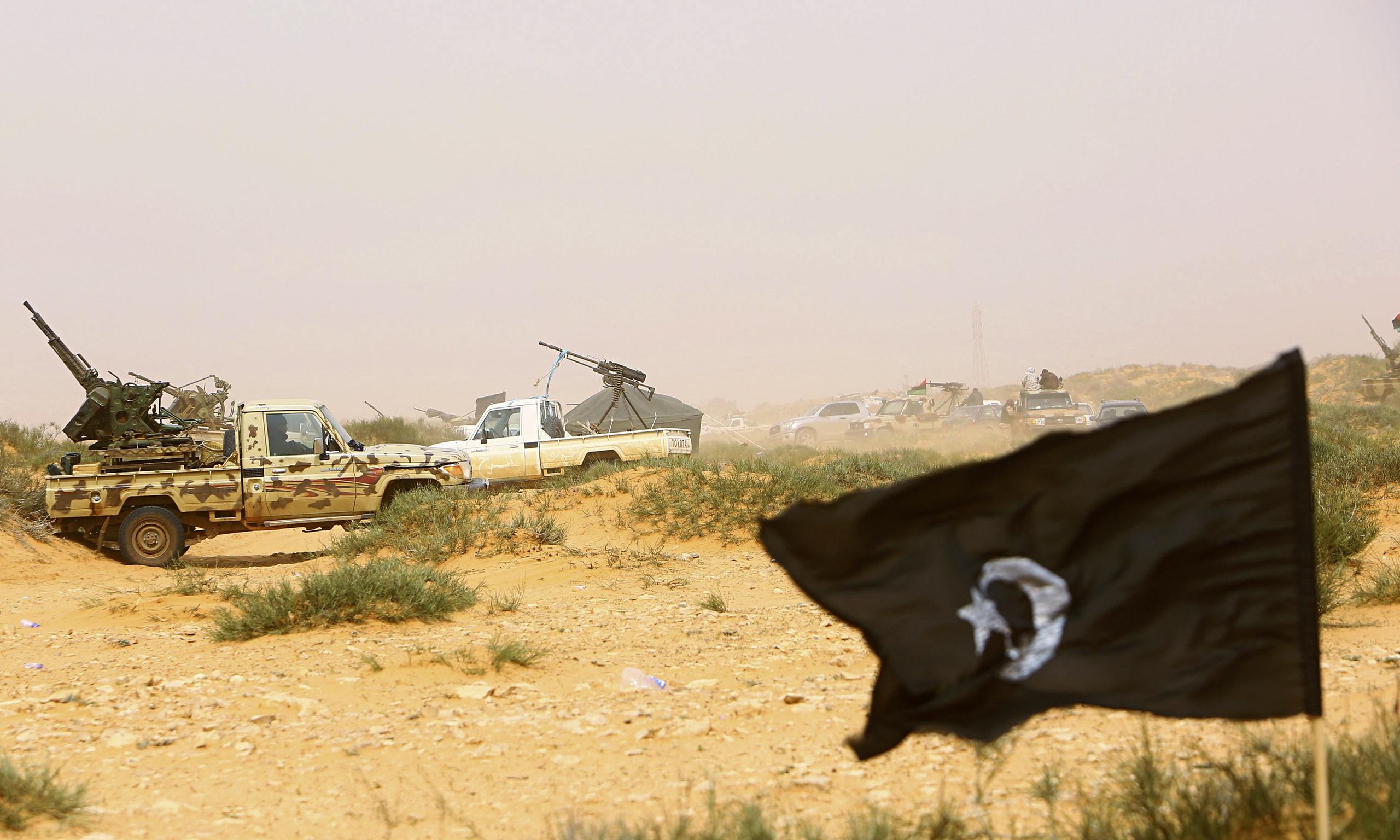
Libya in Transition… But to What?
Since the overthrow of Gaddhafi, Libya’s capital has long been consumed by fierce struggles between Islamists and the coalition aligned with former PM Zeidan, largely perceived as Western proxies—each with their own parliamentary blocks and militias. Over the course of the last several months, there have been many attempts at deposing the country’s first democratically-elected Prime…
-
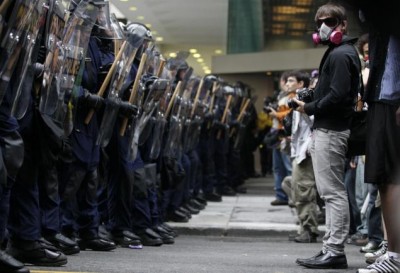
The Thin and Highly-Permeable Line Between Revolution & Tyranny
Summary of a revolution: people making drastic and weighty decisions, rapidly and spontaneously, in a highly emotional state–often under the sway of some charismatic leader. Question: Are these the sorts of actions we tend to retrospectively endorse or regret? Followers of my work will know that I have been highly critical of virtually all…
-

The “Deep State” Declares Independence in Egypt
To be clear, the Egyptian military does not aspire towards total control of the state, with all of the responsibilities entailed thereby—what they want, what they have always wanted, is to be beyond accountability to the civilian population, to have their budget immune to external oversight or reduction, to reserve the right to intercede as…
-
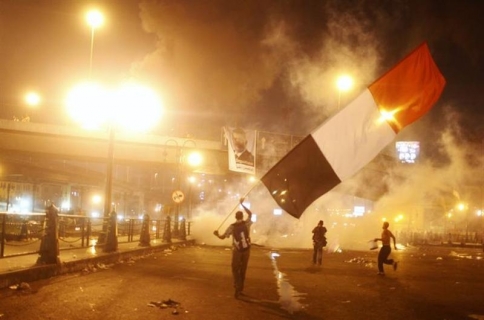
An Archaeology of the Crisis in Egypt
A week after carrying out his ultimatum to depose President Mursi, General al-Sisi delivered a new 48-hour ultimatum to those alienated by his actions to end their protests against the military coup. Even as the general demanded that the protesters end their demonstrations, he called upon his own supporters to take to the streets nationwide…
-

Universal Values v. Universal Laws
The liberal notion of universal law derives its supposed normative force from an ill-defined notion of universal values. This notion of universality is tied conceptually and historically to Western imperialism—and many of the values taken to be “universal” are not. But even if, for the sake of argument, we presupposed the existence of some set of…
-
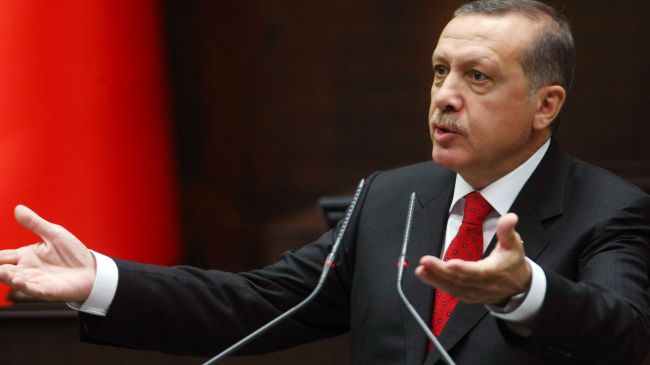
Rejoinder to “A Tyranny of the Half? Protests, Democracy, and the Ethos of Pluralism in Turkey”
When people read analyses, they typically interpret them in terms of popular narrative frameworks which are currently in circulation. This heuristic is usually reliable—most analyses explicitly draw from these competing interpretations; accordingly, reading things in this fashion allows one to much more quickly understand what is being said in the analysis and why it matters. However,…
-
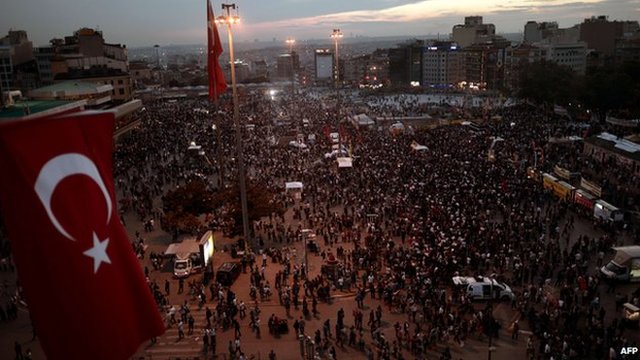
Taking a Closer Look at the Taksim Protests
In recent weeks there has been a deluge of coverage and analysis of Istanbul’s Taksim Square protests. These events have typically been framed as another case of a popular and peaceful youth movement being crushed by an authoritarian dictator; often pundits have gone so far as to label these protests as the beginning of a “Turkish…
-
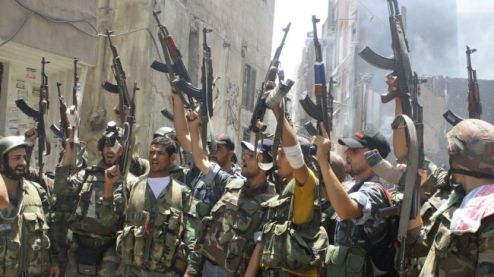
Rejoinder to “Order, Freedom and Chaos: Sovereignties in Syria”
“Syria Contextualized: The Numbers Game,” demonstrated that contrary to the popular narratives, most Syrians seem to support President al-Asad over the armed rebels. Moreover, it was argued that most of the casualties from the conflict were combatants, that the regime probably controlled more territory than the narrative suggested, that the dynamics of the conflict seem…
-

The Semantics of Revolution
Many in media and academic circles seem to pride themselves on having advanced beyond the “Clash of Civilizations” rhetoric that defined the aftermath of September 11th (2001). However, upon analysis is clear that the primary development has been the transformation of these frameworks into euphemistic forms: consider, for instance, the supposed conflict between the liberals…
-
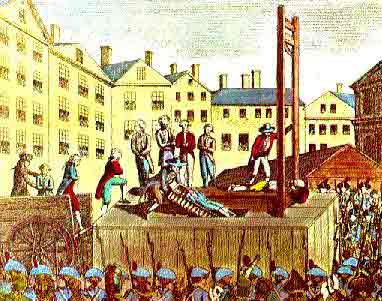
Irreligious Fundamentalism
Fundamentalism is not exclusively, or even primarily, a religious phenomenon. The classical conception of liberalism includes, among other things, a commitment to free markets, universal law, democracy, pluralism, and secularism. While often held to be universal values, these ideologies are not intrinsically compatible or necessarily intertwined—in fact, these ideas were not even historically compatible. In…
-
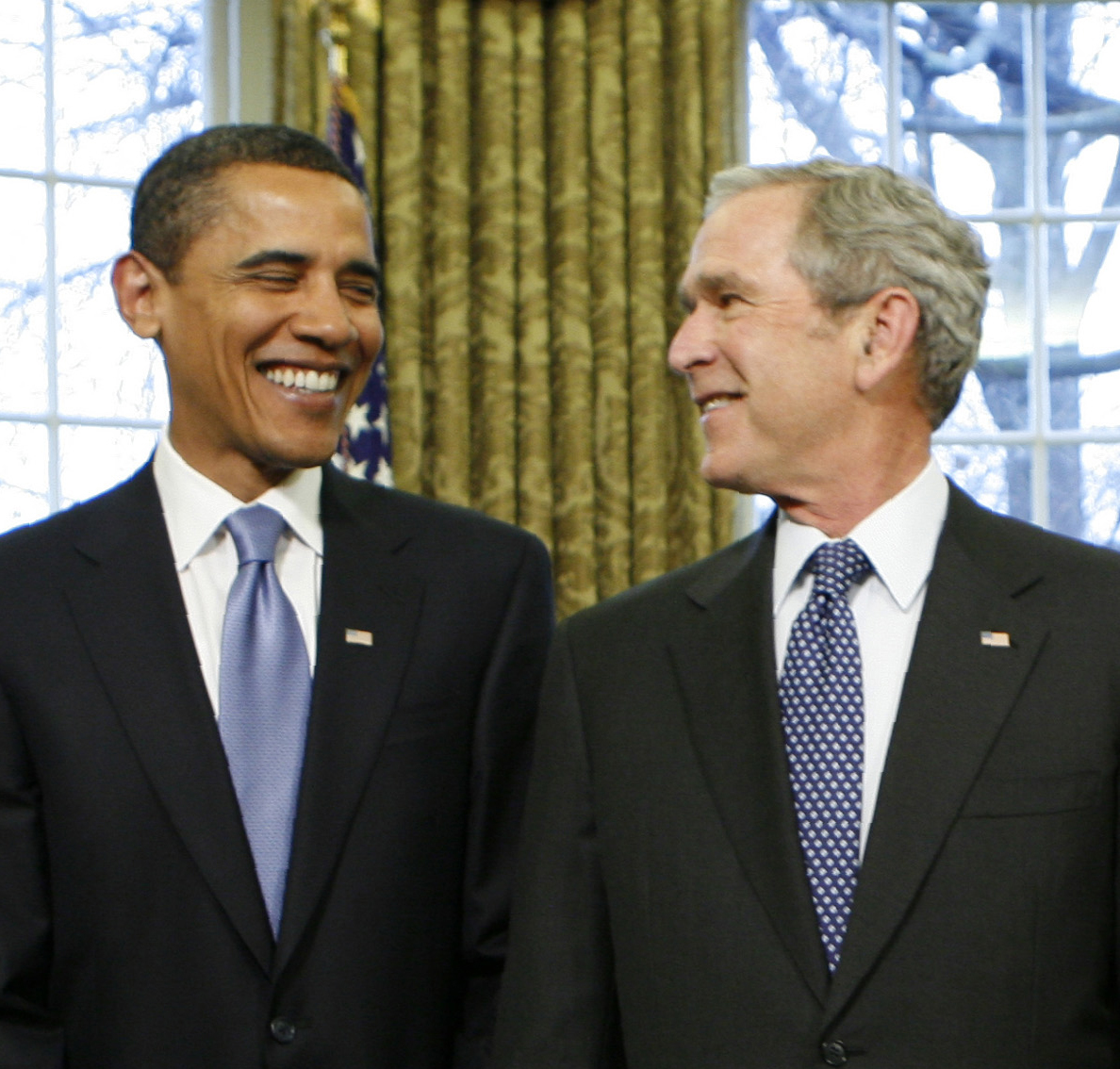
Barack Hussein Obama, Moderate Neoconservative
In early 2003, Saddam Hussein’s regional and international allies were all warning him that an American invasion was imminent. Hussein’s reply was basically, “I know Washington’s tone is getting aggressive, but they aren’t going to try to remove me. I’m the only one in the region who is really taking the fight to the terrorists…
-
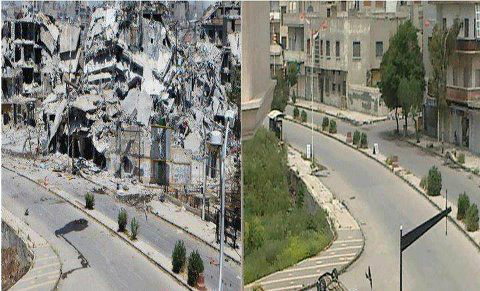
Timeline of the Syrian Civil War
Before the Arab Uprisings, Syria was one of the safest countries in the world. There were robust protections for women and ethno-religious minorities. While the government was authoritarian, the trends were towards liberalization—both economic and political. While there were some factions within Syria who were understandably dissatisfied at the pace of reform (which was, indeed,…
-
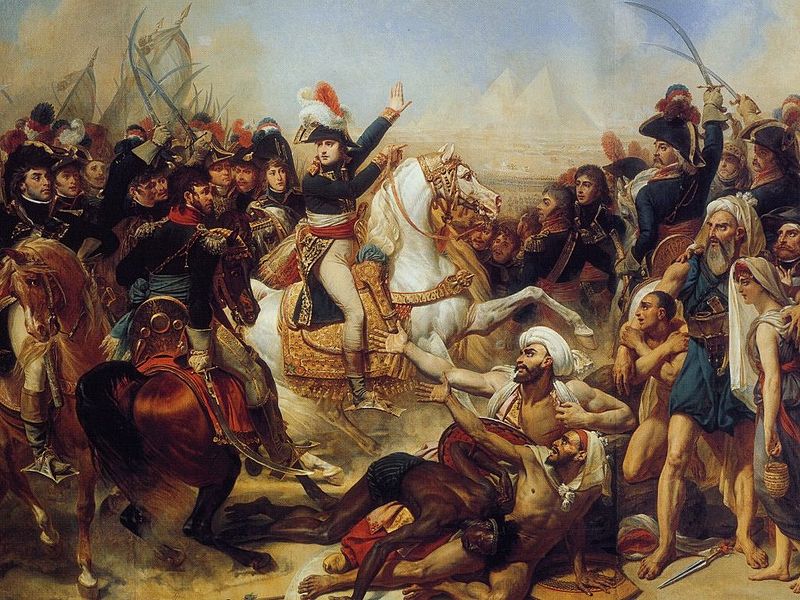
Ideological Pluralism v. Legal Pluralism
In the wake of Egypt’s historic democratic elections, Islamist candidates won nearly three-quarters of the seats in parliament. A Muslim Brotherhood candidate, Muhammad Mursi, would go on to win Egypt’s inaugural presidential elections. Recently, voters ratified a new Egyptian constitution which is perceived to grant Islamic institutions (such as al-Azhar) significant influence over the government.…
-

The Arab Spring’s Third Wave
Insofar as it is helpful or accurate to understand the “Arab Spring” as a meta-movement which began with the December 17, 2010 self-immolation of Mohammad Bouazizi, we can break it into a few significant “waves.” The first wave of revolutions in Tunisia and Egypt were quick, peaceful and orderly, relative to the second wave with…
-
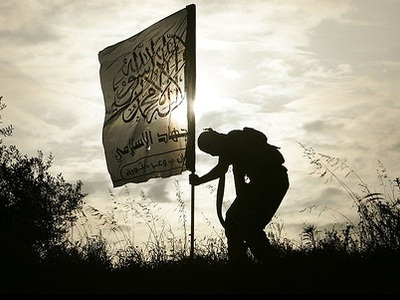
The Arab Spring and the New Mujahadeen
Following the military coup which removed Hosni Mubarak, it was widely reported that al-Qaeda was rendered obsolete by the Arab Spring. Fareed Zakaria, for instance, pronounced: “The Arab Revolts of 2011 represent a total repudiation of al Qaeda’s founding ideology. For 20 years, al Qaeda has said that the regimes of the Arab World are…
-
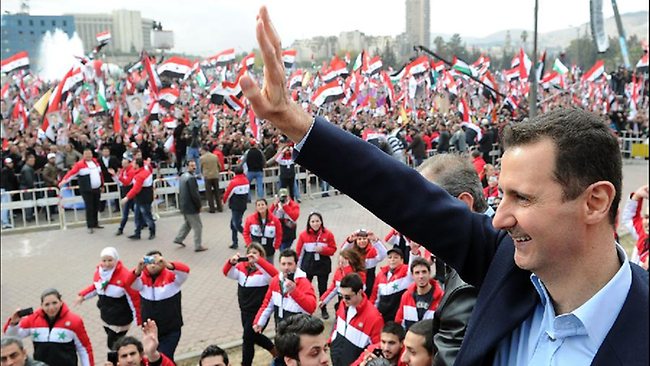
Resist Overly-Simple Narratives About Syria, Asad
While one would never know it from the news, the reform process in Syria is actually going smoother than it is in Egypt. If this might sound crazy to the everyday headline reader, think of it this way: Syria has a popularly approved new constitution, a democratically elected parliament that the state actually recognizes and…
-
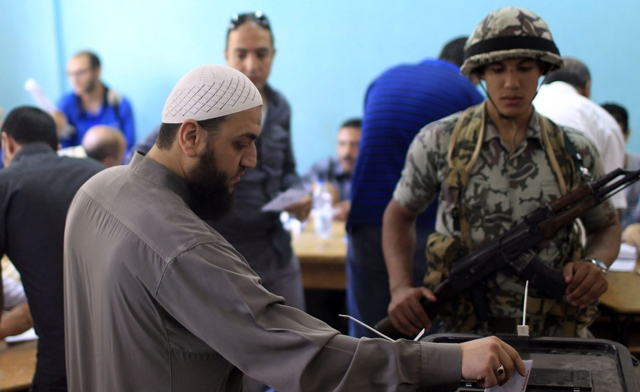
Will Egypt Vote to Re-Install the Regime It Just Overthrew?
On 6/14/2012, just days before Egypt’s runoff presidential election, Egypt’s High Court announced the dissolution of Parliament. Rather than the (elected) Parliament appointing representatives to draft a constitution, the entire process will be overseen by the Supreme Council of Armed Forces (SCAF). We can rest assured that this constitution will ensure the Army a prominent…